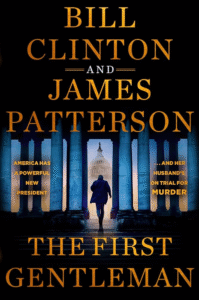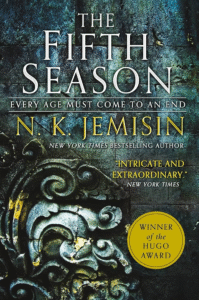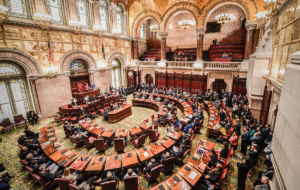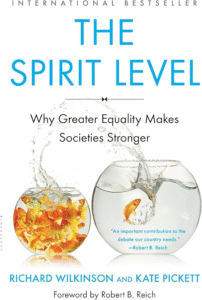A New Dawn for End-of-Life Autonomy: New York’s Assisted Suicide Bill
The Legislative Milestone
The recent passage of New York’s “Medical Aid in Dying” Act marks a pivotal moment in the ongoing national conversation surrounding end-of-life care and individual autonomy. This legislation, which allows terminally ill New Yorkers to choose to end their lives with prescribed pharmaceutical drugs, reflects a growing societal acceptance of the right to a dignified death, even as it continues to spark profound ethical, moral, and practical debates.
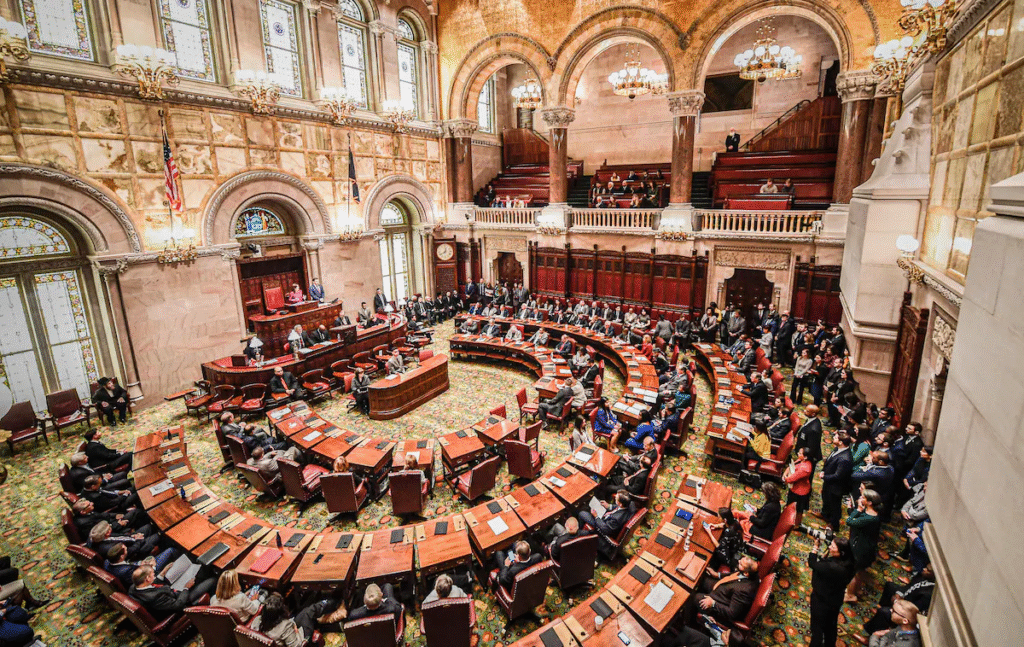
Compassion and Autonomy: The Core Argument
The core argument for medically assisted suicide, often termed medical aid in dying (MAID), rests on the principles of compassion and patient autonomy. Proponents argue that for individuals facing an incurable illness with a prognosis of six months or less to live, and who are experiencing intractable suffering, the ability to choose the timing and manner of their death offers a profound sense of control and peace. As State Senator Brad Hoylman-Sigal, a sponsor of the bill, stated, “It’s not about hastening death, but ending suffering.” This perspective emphasizes the right of an individual to make deeply personal decisions about their own body and their final moments, aligning with broader civil liberties principles.
Safeguards and Intent
Advocates for MAID highlight the stringent safeguards typically embedded in such legislation to prevent abuse and ensure genuine voluntary choice. The New York bill, for instance, requires a written request signed by the patient and two witnesses, as well as approval from two physicians who must confirm the terminal diagnosis and the patient’s mental capacity to make an informed decision. These measures aim to address concerns about coercion and to differentiate MAID from suicide driven by mental health issues.
Ethical Concerns and Opposition
However, the passage of this bill is not without significant opposition, raising complex questions that underscore the profound human dimensions of this issue. Opponents, including the New York State Catholic Conference, argue that such legislation devalues life and sets a dangerous precedent. They contend that the state should focus on improving palliative and hospice care, ensuring that suffering is alleviated through comprehensive support rather than through the option of ending life. There are also concerns about the “slippery slope” argument, suggesting that once MAID is legalized, the criteria for eligibility could expand, potentially endangering vulnerable populations who might feel pressured to choose death due to financial burdens, perceived burdens on family, or inadequate access to care. The lack of a mandatory psychological screening in the New York bill has been a particular point of contention for some critics.
Impact on the Medical Profession
Furthermore, medical professionals themselves are often divided on the issue, balancing their commitment to preserving life with the desire to alleviate suffering and respect patient wishes. While MAID aims to provide a “good death,” some argue it fundamentally alters the role of a physician from healer to facilitator of death, potentially undermining trust in the medical profession.
A Broader Trend and Future Implications
New York now joins eleven other states and Washington, D.C., in enacting legislation that allows for medically assisted suicide. This growing trend reflects a societal shift in how death is perceived and managed, moving towards greater individual agency in end-of-life decisions. The implementation of this law in New York will undoubtedly be closely watched, as it navigates the delicate balance between individual freedom and societal responsibility in the face of profound human suffering. The ongoing dialogue surrounding MAID will continue to challenge our understanding of life, death, compassion, and the fundamental rights of every individual.

